Best movies like Terror! Robespierre and the French Revolution
A unique, carefully handpicked, selection of the best movies like Terror! Robespierre and the French Revolution Starring Stephen Hogan, Ed Stoppard, Brian Pettifer, David Andress, and more. If you liked Terror! Robespierre and the French Revolution then you may also like: The War at Home, Orphans of the Storm, Reign of Terror, The Affair of the Necklace, Anne Frank Remembered and many more popular movies featured on this list. You can further filter the list even more or get a random selection from the list of similar movies, to make your selection even easier.
In 1794, French revolutionary Maximilien Robespierre produced the world's first defense of "state terror" - claiming that the road to virtue lay through political violence. This film combines drama, archive and documentary interviews to examine Robespierre's year in charge of the Committee Of Public Safety - the powerful state machine at the heart of Revolutionary France. Contesting Robespierre's legacy is Slavoj Zizek, who argues that terror in the cause of virtue is justifiable, and Simon Schama, who believes the road from Robespierre ran straight to the gulag and the 20th-century concentration camp. The drama, based on original sources, follows the life-and-death politics of the Committee during "Year Two" of the new Republic.
You may filter the list of movies on this page for a more refined, personalized selection of movies.
Still not sure what to watch click the recommend buttun below to get a movie recommendation selected from all the movies on this list
Orphans of the Storm
France, on the eve of the French Revolution. Henriette and Louise have been raised together as sisters. When the plague that takes their parents' lives causes Louise's blindness, they decide to travel to Paris in search of a cure, but they separate when a lustful aristocrat crosses their path.
Reign of Terror
The French Revolution, 1794. The Marquis de Lafayette asks Charles D'Aubigny to infiltrate the Jacobin Party to overthrow Maximilian Robespierre, who, after gaining supreme power and establishing a reign of terror ruled by death, now intends to become the dictator of France.
The Affair of the Necklace
In pre-Revolutionary France, a young aristocratic woman left penniless by the political unrest in the country, must avenge her family's fall from grace by scheming to steal a priceless necklace.
Anne Frank Remembered
Using previously unreleased archival material in addition to contemporary interviews, this academy award-winning documentary tells the story of the Frank family and presents the first fully-rounded portrait of their brash and free-spirited daughter Anne, perhaps the world's most famous victim of the Holocaust. Written by Dawn M. Barclift
Carry On Don't Lose Your Head
The time of the French revolution, and Citizen Robespierre is beheading the French aristocracy. When word gets to England, two noblemen, Sir Rodney Ffing and Lord Darcy Pue take it upon themselves to aid their French counterparts. Sir Rodney is a master of disguise, and becomes "The Black Fingernail", scourge of Camembert and Bidet, leaders of the French secret police.
The Scarlet Pimpernel
18th century English aristocrat Sir Percy Blakeney leads a double life. He appears to be merely the effete aristocrat, but in reality is part of an underground effort to free French nobles from Robespierre's Reign of Terror.
Marat/Sade
In Charenton Asylum, the Marquis de Sade directs a play about Jean Paul Marat's death, using the patients as actors. Based on 'The Persecution and Assassination of Jean-Paul Marat as Performed by the Inmates of the Asylum of Charenton Under the Direction of the Marquis de Sade', a 1963 play by Peter Weiss.
Some Mother's Son
Based on the true story of the 1981 hunger strike in a British prison, in which IRA prisoner Bobby Sands led a protest against the treatment of IRA prisoners as criminals rather than as prisoners of war. The film focuses on the mothers of two of the strikers, and their struggle to save the lives of their sons.
Madame Guillotine
During the French Revolution, a revolutionary falls in love with and marries an aristocratic woman.
Marie Antoinette
The young Austrian princess Marie Antoinette is arranged to marry Louis XVI, future king of France, in a politically advantageous marriage for the rival countries. The opulent Marie indulges in various whims and flirtations. When Louis XV passes and Louis XVI ascends the French throne, his queen's extravagant lifestyle earns the hatred of the French people, who despise her Austrian heritage.
The Motorcycle Diaries
Based on the journals of Che Guevara, leader of the Cuban Revolution. In his memoirs, Guevara recounts adventures he and best friend Alberto Granado had while crossing South America by motorcycle in the early 1950s.
The Scarlet Pimpernel
During the French Revolution, a mysterious English nobleman known only as The Scarlet Pimpernel (a humble wayside flower), snatches French aristos from the jaws of the guillotine, while posing as the foppish Sir Percy Blakeney in society. Percy falls for and marries the beautiful actress Marguerite St. Just, but she is involved with Chauvelin and Robespierre, and Percy's marriage to her may endanger the Pimpernel's plans to save the little Dauphin
The Square
The Square looks at the hard realities faced day-to-day by people working to build Egypt’s new democracy. Cairo’s Tahrir Square is the heart and soul of the film, which follows several young activists. Armed with values, determination, music, humor, an abundance of social media, and sheer obstinacy, they know that the thorny path to democracy only began with Hosni Mubarak’s fall. The life-and-death struggle between the people and the power of the state is still playing out.
A Tale of Two Cities
A condensed silent film version of the Charles Dickens classic about the French Revolution and its subsequent Reign of Terror.
A Tale of Two Cities
The exciting story of Dr. Manette, who escapes the horrors of the infamous Bastille prison in Paris. The action switches between London and Paris on the eve of the revolution where we witness 'the best of times and the worst of times' - love, hope, the uncaring French Aristocrats and the terror of a revolutionary citizen's army intent on exacting revenge.
The French Revolution
A history of the French Revolution from the decision of the king to convene the Etats-Generaux in 1789 in order to deal with France's debt problem. The first part of the movie tells the story from 1789 until August 10, 1792 (when the King Louis XVI lost all his authority and was put in prison). The second part carries the story through the end of the terror in 1794, including the deaths by guillotine of Louis XVI, Marie-Antoinette, Danton, and Desmoulins.
China Cry: A True Story
Drama set in the 1950s, based on a true story, about a young girl, Sung Neng Yee, who is brought as part of a wealthy Chinese family. She is eager to become part of Mao Tze Tung's "new society", but soon becomes disenchanted by the economic misery the changes bring to her family. Before long, the authorities become aware of Neng Yee's feelings and she is taken to a labour camp, overseen by the sadistic Colonel Cheng.
Return of the Scarlet Pimpernel
Sir Percy is forced to return to France one last time, to rescue his wife from the clutches of the sinister Robespierre. It's clearly a trap, but nothing will keep the good old Pimpernel from carrying out his mission-- He is up against the usual cadre of clods and dolts, after all.
The Hiding Place
The Hiding Place is an account of a Dutch family who risk their lives by offering a safe haven for Jews during World War II
Underground
Underground is a 1976 documentary film about the Weathermen, founded as a militant faction of the Students for a Democratic Society (SDS), who fought to overthrow the U.S. government during the 1960s and 1970s. The film consists of interviews with members of the group after they went underground and footage of the anti-war and civil rights protests of the time. It was directed by Emile de Antonio, Haskell Wexler and Mary Lampson, later subpoenaed by the Federal Bureau of Investigation in an attempt to confiscate the film footage in order to gain information that would help them arrest the Weathermen. (Wikipedia)
Dangerous Exile
Dangerous Exile is a 1957 British historical drama film directed by Brian Desmond Hurst and starring Louis Jourdan, Belinda Lee, Anne Heywood and Richard O'Sullivan. It concerns the fate of Louis XVII, who died in 1795 as a boy, yet was popularly believed to have escaped from his French revolutionary captors.
Lowndes County and the Road to Black Power
Through first person accounts and searing archival footage, this documentary tells the story of the local movement and young Student Nonviolent Coordinating Committee (SNCC) organizers who fought not just for voting rights, but for Black Power in Lowndes County, Alabama.
The Elusive Pimpernel
A British aristocrat goes in disguise to France to rescue people from The Terror of the guillotine.
Scaramouche
A law student becomes an outlaw French revolutionary when he decides to avenge the unjust killing of his friend. To get close to the aristocrat who has killed his friend, the student adopts the identity of Scaramouche the clown.
Hornblower: The Frogs and the Lobsters
Lieutenant Hornblower and his shipmates are sent to accompany a doomed royalist invasion of revolutionary France.
For Those I Loved
Polish Martin Gray recalls the Holocaust, New York prosperity, and losing his wife and family.
Marie Antoinette: A Film by David Grubin
This was a very human account of the lives and deaths of Marie Antoinette and Louis the XVI focusing primarily on Marie. It is an account of their lives from birth to death and the circumstances leading to the downfall of the French monarchy.
The Fixer
Set in tsarist Russia around the turn of the century and based on a true story of a Russian Jewish peasant Yakov Bog who was wrongly imprisoned for a most unlikely crime - the “ritual murder” of a Gentile child in Kiev. We witness the unrelenting detail of the peasant handyman's life in prison and see him gain in dignity as the efforts to humiliate him and make him confess fail.
A Tale of Two Cities
At the outbreak of the French Revolution, Charles Darnay goes to Paris to rescue an imprisoned former family servant. He is himself imprisoned and condemned by the revolutionary forces there. His wife, the former Lucie Manette, is secretly loved by a gentlemanly wastrel, Sydney Carton. Carton embarks on a daring plan to save the husband of the woman he loves.
Land of Liberty
This film tells the history of the United States from pre-Revolution through 1939.
The Genius of Turner: Painting the Industrial Revolution
A film that looks at the genius of JMW Turner in a new light. There is more to Turner than his sublime landscapes - he also painted machines, science, technology and industry. Turner's life spans the Industrial Revolution, he witnessed it as it unfolded and he painted it. In the process he created a whole new kind of art. The programme examines nine key Turner paintings and shows how we should re-think them in the light of the scientific and Industrial Revolution. Includes interviews with historian Simon Schama and artist Tracey Emin.
Tickling Giants
The Arab Spring in Egypt: From a dictator to free elections, back to a dictatorship. One comedy show united the country and tested the limits of free press. This is the story of Bassem Youssef, a cardiologist turned comedian, the Jon Stewart of Egypt, and his show "The Show".
Prelude to War
Prelude to War was the first film of Frank Capra's Why We Fight propaganda film series, commissioned by the Pentagon and George C. Marshall. It was made to convince American troops of the necessity of combating the Axis Powers during World War II. This film examines the differences between democratic and fascist states.


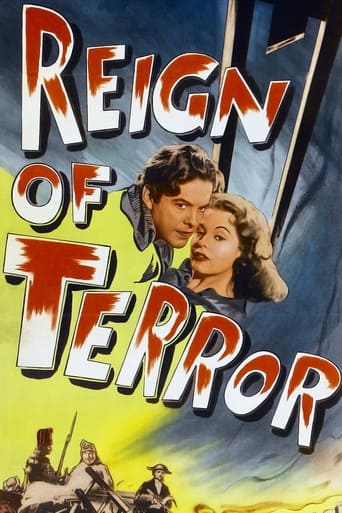
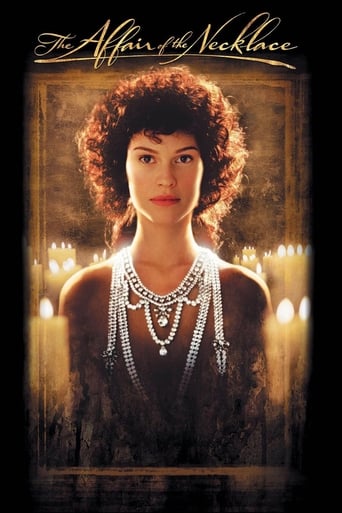
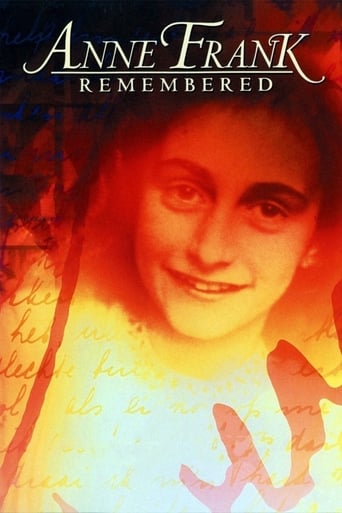



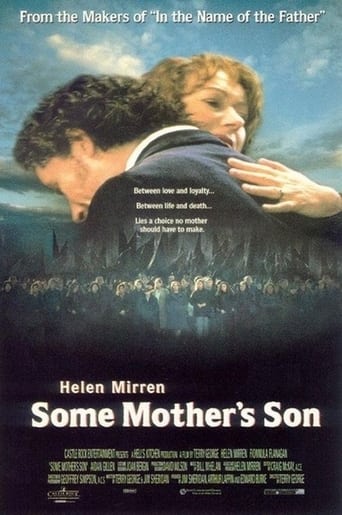


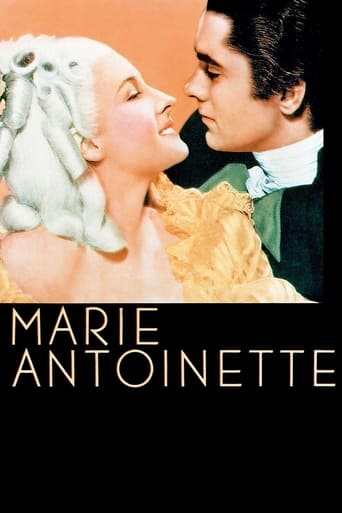
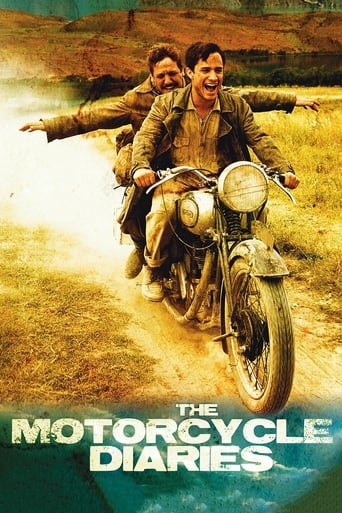







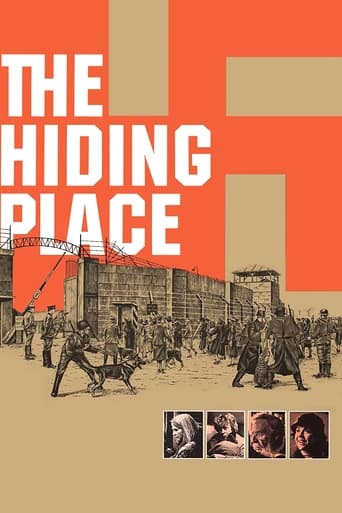












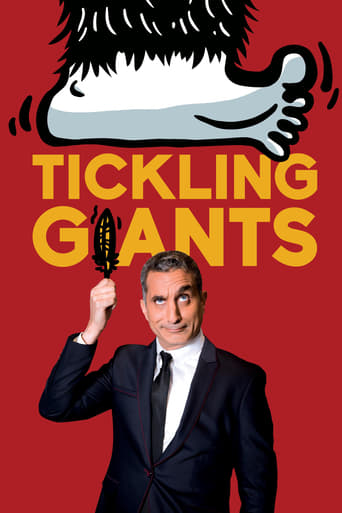
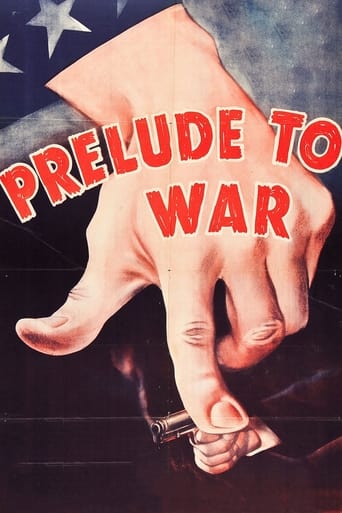
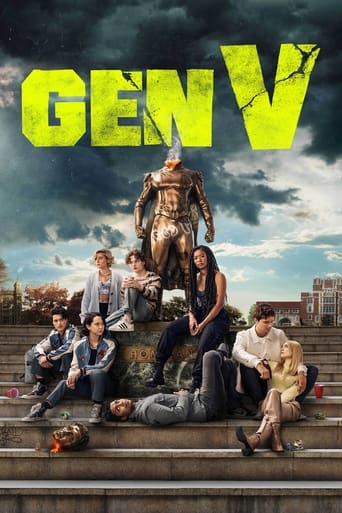
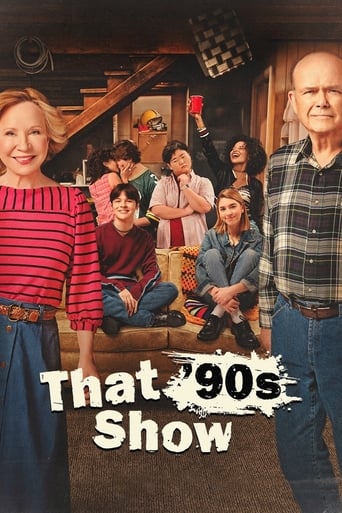
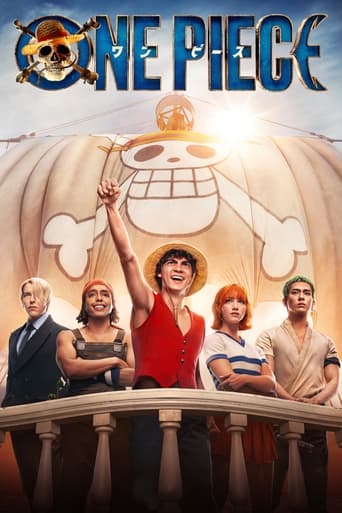
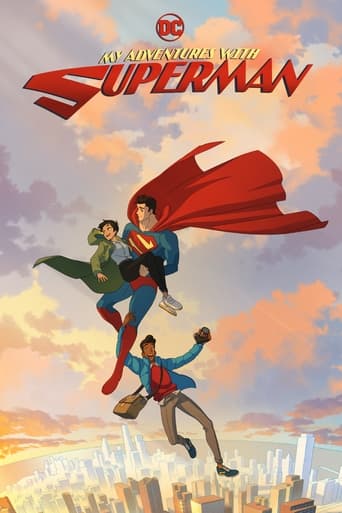
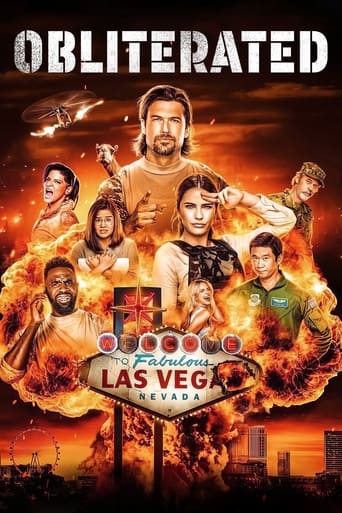
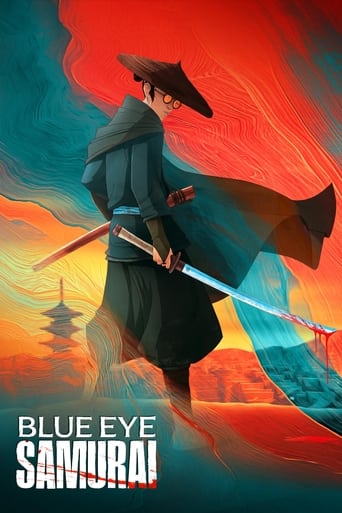
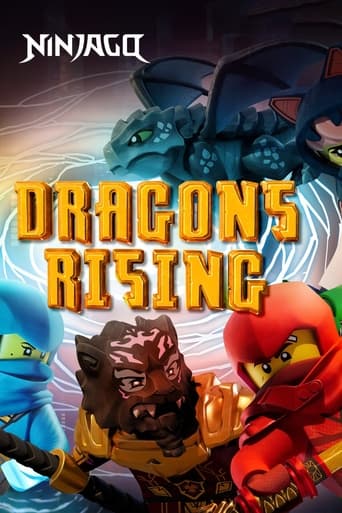
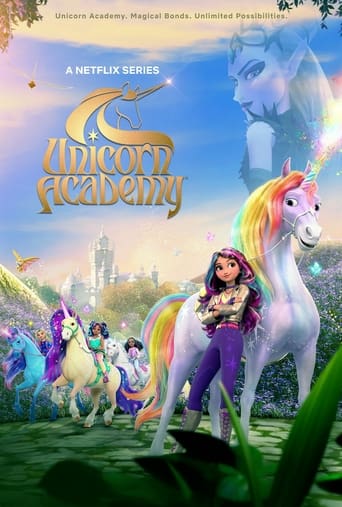
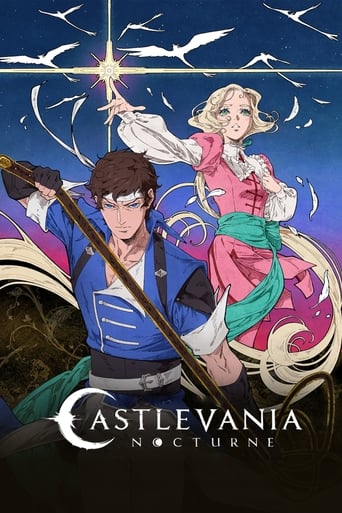


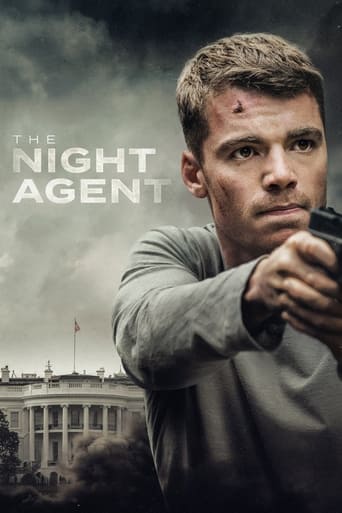
The War at Home
Documentary film about the anti-war movement in the Madison, Wisconsin area during the time of the Vietnam War. It combines archival footage and interviews with participants that explore the events of the period on the University of Wisconsin–Madison campus.